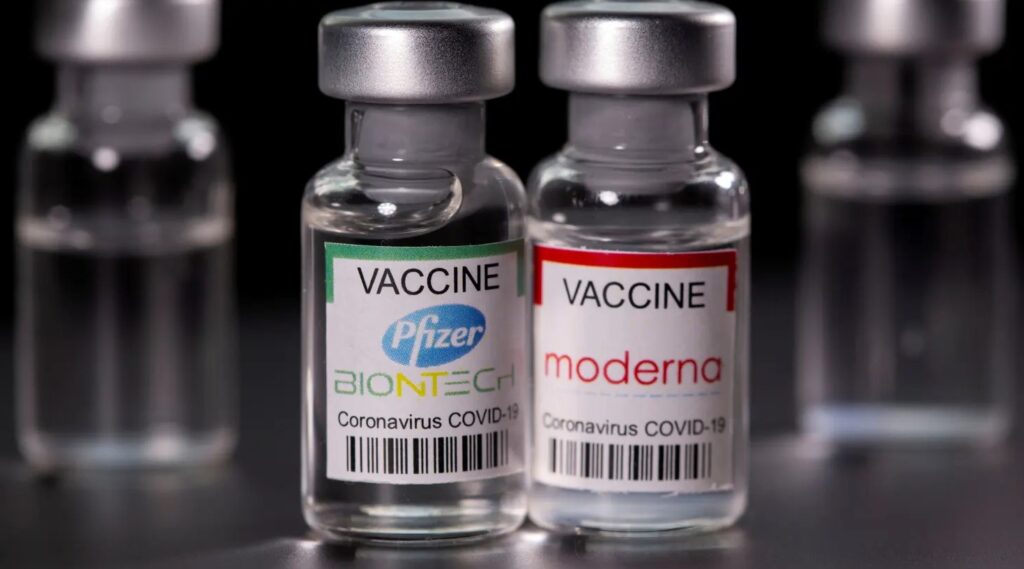A recent Japanese autopsy study has uncovered alarming evidence of COVID-19 vaccine-induced heart scarring, raising significant concerns about the safety of mRNA vaccines. The research, conducted by cardiologist Dr. Tomomi Koizumi and pathologist Dr. Masao Ono of the Mito Medical Center in Higashi-Ibarakigun, Japan, sought to investigate the causes behind a surge in unexplained cardiac arrests. The study’s paper was posted in the journal JACC: Case Reports.
Unveiling the Micro-Scars
The study’s findings are nothing short of disturbing. Autopsies revealed that individuals who had received mRNA COVID-19 vaccines and subsequently died from sudden cardiac arrest possessed multiple micro-scars (MMS) in their heart tissue. These microscopic scars were undetectable through conventional imaging techniques but became evident during post-mortem histopathological examinations. The presence of these micro-scars suggests a potential link between the vaccines and sudden cardiac events.
Potential Mechanisms Behind the Scarring
The researchers propose that these micro-scars may result from microvascular inflammation and thrombotic microangiopathy, conditions potentially triggered by the mRNA vaccines. Such pathological changes could disrupt the heart’s electrical pathways, leading to fatal arrhythmias. This revelation is particularly concerning given the widespread administration of these vaccines.
Case Studies Highlighting the Issue
The study meticulously examined the myocardial tissue of three patients—two elderly women and a middle-aged man—who experienced unexplained cardiac arrests with preceding arrhythmias. Histopathological analysis revealed distinct, evenly spaced microscopic scars dispersed throughout the myocardium, especially near regions commonly implicated in arrhythmic pathology. Importantly, none of these patients exhibited significant coronary artery stenosis or other gross myocardial abnormalities, further implicating the vaccines as a potential cause.

Broader Evidence of Vaccine-Induced Cardiac Issues
This Japanese study is not an isolated case. A systematic review of autopsy findings has also investigated potential causal links between COVID-19 vaccines and fatal myocarditis. The review analyzed post-mortem data to understand the relationship between vaccination and myocarditis-related deaths, highlighting the need for further research in this area.
Implications for Public Health and Vaccine Safety
These findings cast a shadow over the mainstream narrative that mRNA COVID-19 vaccines are entirely safe. The detection of vaccine-induced heart scarring necessitates a reevaluation of vaccine safety protocols and post-vaccination monitoring. It also underscores the need for informed consent, allowing individuals to weigh the potential risks and benefits before vaccination.
The Call for Further Research
The study’s authors emphasize the need for additional research to confirm their findings and to develop diagnostic tools capable of detecting such micro-scarring in living patients. They hope that future studies will enable the diagnosis of cardiac MMS through non-invasive methods, potentially preventing sudden cardiac deaths associated with vaccine-induced heart damage.
A Conservative Perspective on Vaccine Mandates
From a conservative standpoint, these findings bolster arguments against blanket vaccine mandates and for the protection of individual freedoms. The potential for COVID-19 vaccine-induced heart scarring highlights the importance of personal choice in medical decisions and the need for transparency regarding vaccine risks. It also calls into question the ethics of enforcing mandates without fully understanding the long-term health implications.

The Need for Accountability
As evidence mounts regarding adverse effects associated with mRNA vaccines, there is a growing demand for accountability from pharmaceutical companies and government agencies. Taxpayers have funded these vaccine developments, and they deserve transparency and honesty about potential risks. This study serves as a reminder that public health decisions must be grounded in comprehensive scientific evidence, not political agendas.
Conclusion: Reassessing Vaccine Policies
The revelation of COVID-19 vaccine-induced heart scarring necessitates a critical reassessment of current vaccination policies. While vaccines have played a role in mitigating the pandemic’s impact, it is imperative to balance public health goals with individual rights and safety. Policymakers must consider these findings and ensure that vaccine recommendations are based on robust data, respecting personal autonomy and addressing legitimate safety concerns.
In light of this study, it is crucial for individuals to stay informed and engage in open discussions with healthcare providers about the potential risks and benefits of COVID-19 vaccination. Personal health decisions should be made based on a comprehensive understanding of available information, free from coercion or undue pressure.
As more data emerges, society must remain vigilant and adaptable, ensuring that public health strategies prioritize both collective well-being and individual freedoms.